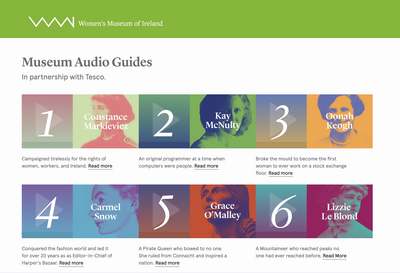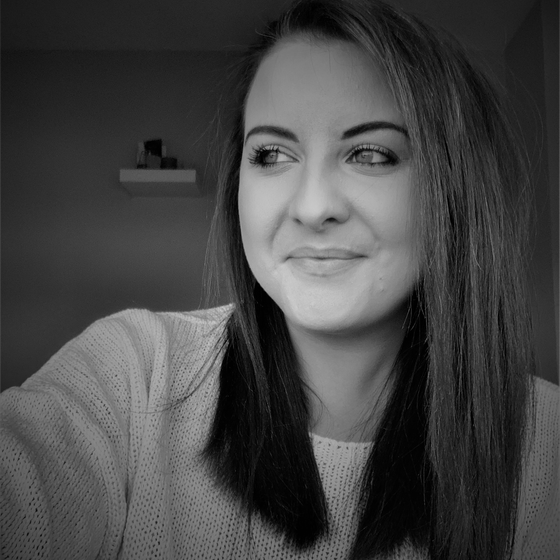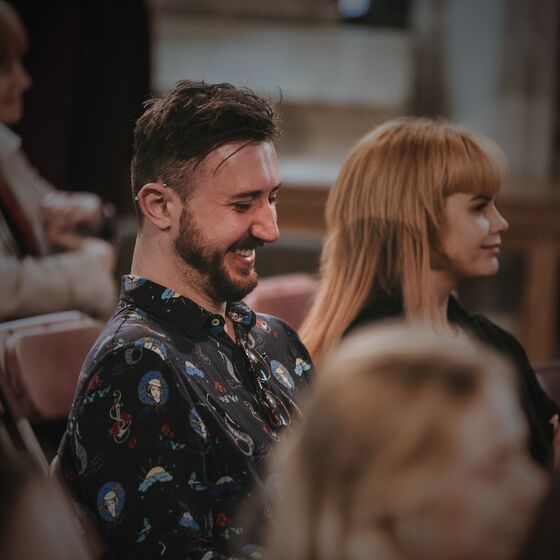The first thing about being a copywriter, or any creative really, is to insist on a tight brief so you know what you’re doing. That way if you’ve missed anything, that’s not on you.
That’s what I’ve done here, so if you’re reading this and feel I haven’t quite answered your questions, please do forward them on to info@iapi.com.
With that out of the way, let’s get into the world of copywriting.

Traditional creative teams usually comprise of two people: a copywriter, with ultimate responsibility for words, and an art director who is in charge of how things look.
Of course, that’s rarely the truth. I’ve worked with an art director with an English degree and know of copywriters who came through graphic design. I don’t have an English degree or a deep knowledge of graphic design, so don’t let that hold you back. At the end of the day, the two of you are a team and your main responsibility is to come up with brilliant ideas.
There’s no one-fits-all answer here so I’m going to talk about me, me, me. You can usually find me pacing. I can’t seem to think properly, or take a phone call, without walking in some sort of circle. If I’ve a brief that needs answering or a problem that needs solving, I’m usually burning a hole in someone’s carpet.
But enough about me! I’m sure most copywriters are out there writing and then re-writing scripts because the first draft was far too long (okay, that was about me too). We get to spend a lot of time with talented actors, directors, sound engineers, animators and more – and that’s not to mention all the incredibly talented people in other roles within your own agency.
Being a copywriter means that when it comes to cracking a brief, the buck stops with you and your partner. Your planner or account exec might have some great thoughts to throw into the mix but at the end of the day, you are the ones that responsibility lies with – and that’s great. It’s literally your job to come up with interesting answers to complex brand problems – often the crazier the better.
In the past few years I’ve gotten to turn supermarkets into museums and use music to help children with speech impediments.
The possibilities are endless and the variety of sectors and areas of interest you’ll get the chance to work in are unmatched. That actually leads quite nicely into the next section, I’ll pretend I meant that.
…have a wide variety of interests!
The nature of this job means you’ll have to think about every sector under the sun and having a natural curiosity is a huge asset. One day you could be working for a car brand and the next it could be meat-free sausages, having a genuine interest in learning new things helps to make the fast-changing day-to-day detail more manageable - if not something to look forward to.
The best copywriters also have to be proficient writers. You don’t have to be the next Yeats, I’m certainly not, but being okay is a definite requirement. With the amount of writing you have to do, it’ll be handy in the long run.
I think I’ve pretty much got this covered, who wrote this brief?? (complaining is not technically in the copywriter’s job description, but features often) Still, it’s probably worth going over in a nutshell:
In general, a client comes to an agency’s account management team with a need.
That need is passed onto the strategists who dig into it to try and determine what it really means and find a unique and relatable insight within it that could lead to a great solution.
As a copywriter, you and your partner need to come up with that solution.
That’s a very simplified version of events and doesn’t even mention the producers, developers, designers, finished artists, technologists, project managers, traffic managers, social leads, front of house, or the finance department. They all play vitally important roles and you’ll get to know them all if you join the creative department - which I couldn’t recommend more!
It can be challenging, frustrating, heart-breaking even, but ultimately it’s incredibly satisfying because you get to see the crazy ideas you came up with while you were pacing around actually come to life.











